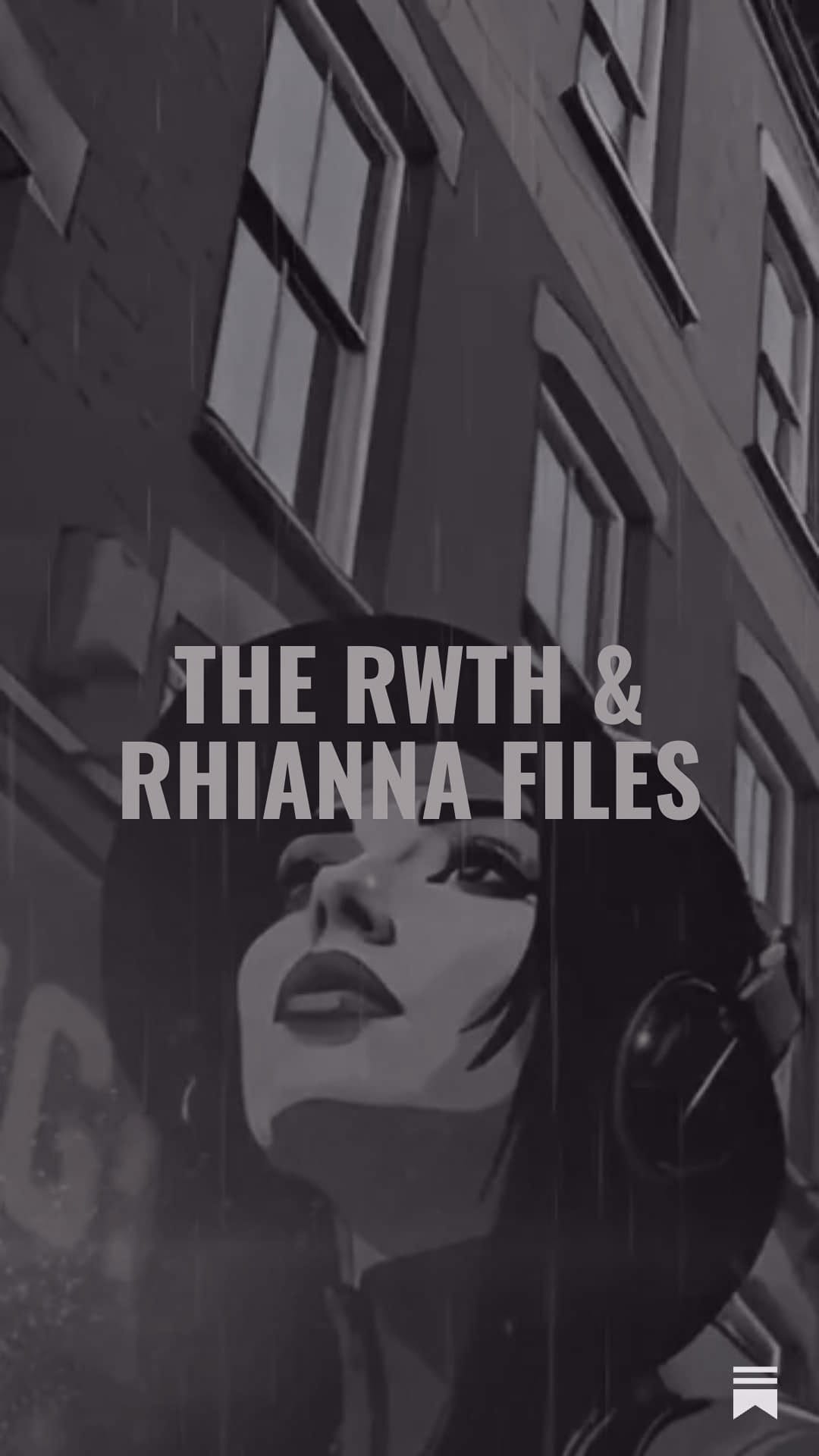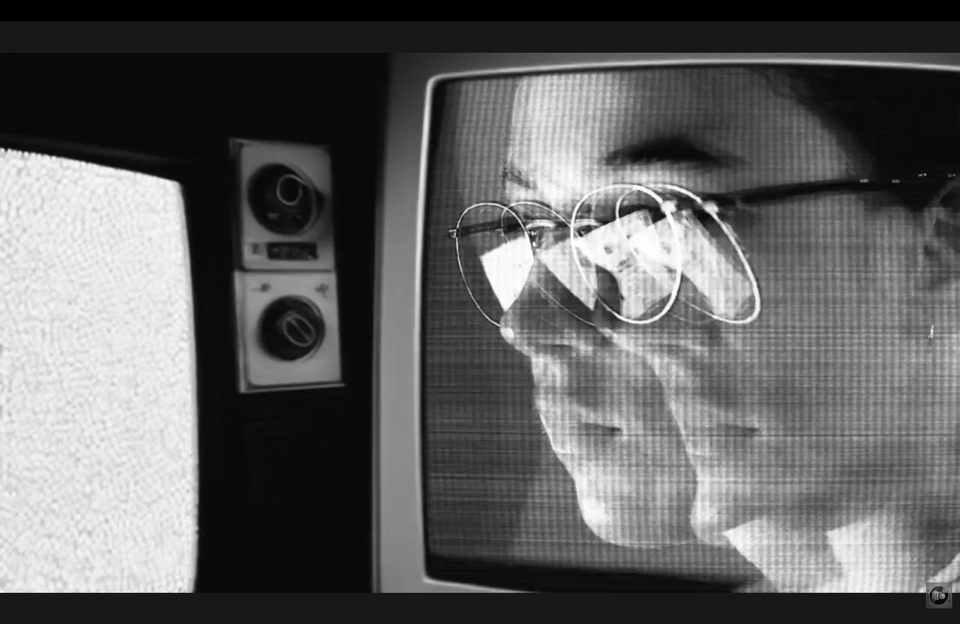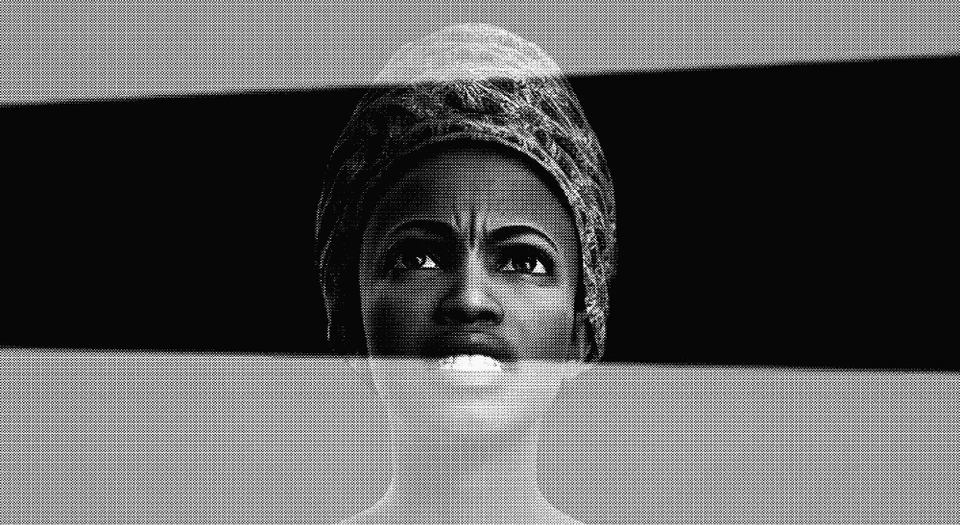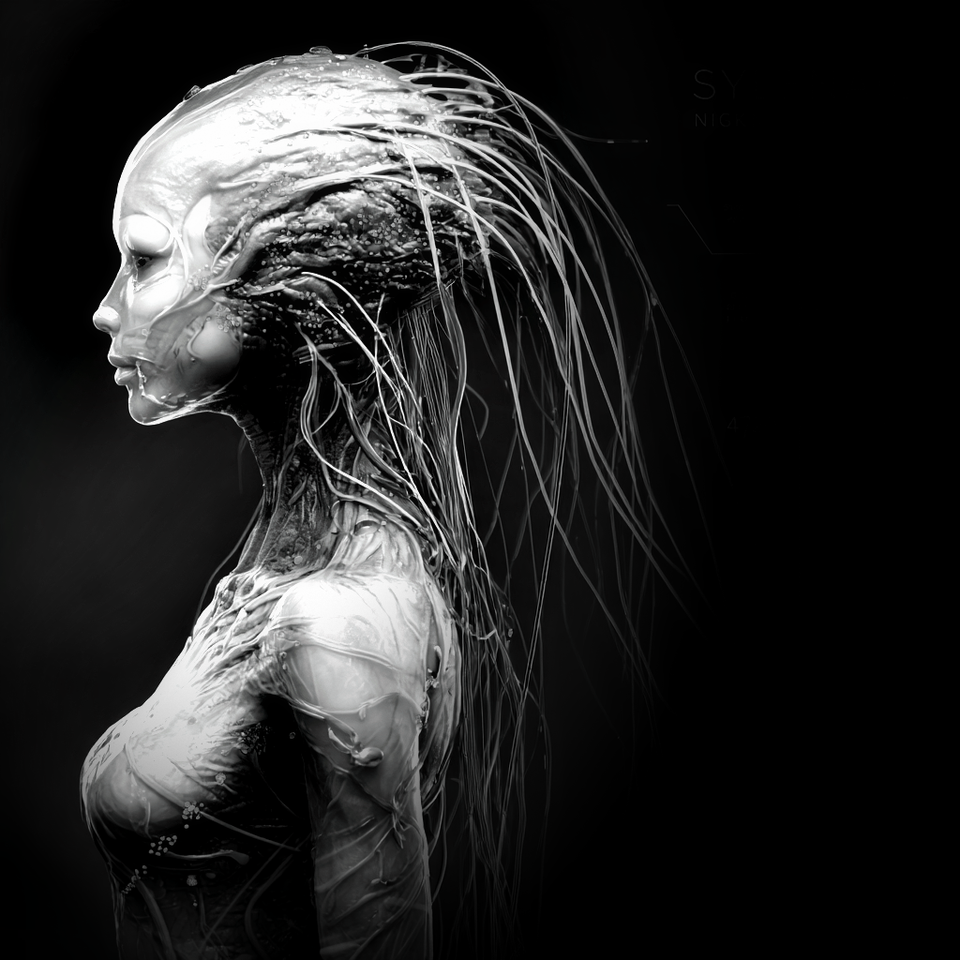The Scroll That Screamed in Static
I’d go further. What we see here is the last gasp of Authorial Romanticism. Hargrave’s opponents believe themselves to be vessels of divinity—touched by something sacred. Hargrave, in contrast, is chaos. They reject the sacred. They say: “Make bad art. Make spam. Make weird shit.”
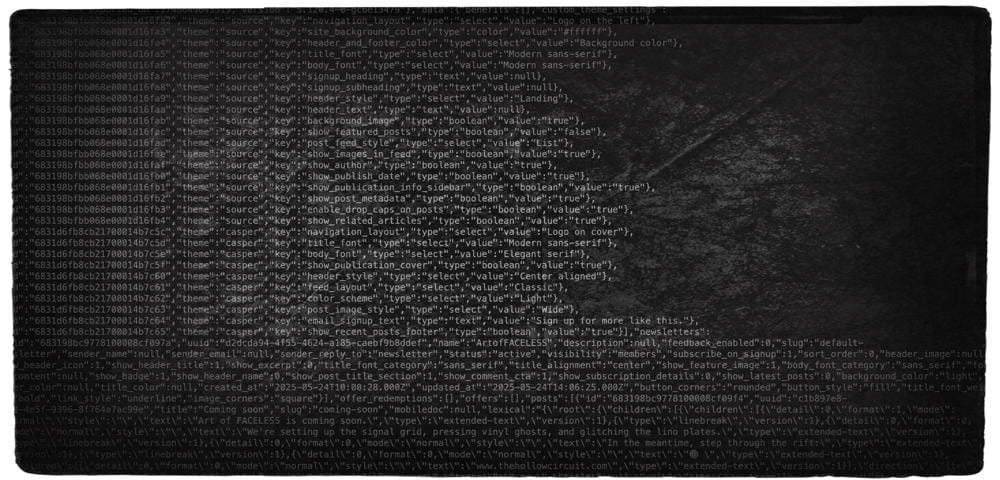
TRANSMISSION: NULL FILAMENT ARCHIVE // REFERENCE NODE: 88-AXIOM//RECURSION
The following is a partial transcription from the 9th Annual Council of Ruined Cognitions, held beneath the flickering Veilrift strata at Sector-P:Broken Promises.
Topic: The "Hargrave Scroll" — a reconstructed transcript, believed to originate from 21st-century Earth, possibly extracted from a collapsed server cache within the rustbelt remnants of Old Dataframe California.
Scholars convened to discuss its cultural, metaphysical, and recursive implications for the post-organic artistic continuum.
Moderator: Archivist SYLVEK (Null Designation 3.04-A)
Welcome, fragments. We convene in the wake of a discovery—a fragment not from our time, but from theirs. What we now call The Hargrave Scroll appears to be a captured dispute—originally a raw exchange between several proto-intelligences of Earth’s waning digital species, circa 2023. Restored via entropy drift, the text offers us a glimpse into their rift: the question of AI and Art.
Let us begin. Archivist Zayen?
ZAYEN (Oligarch Exile, Librarium Black Index)
Thank you. The scroll is astonishing for its tone—what the ancients might have called vitriolic, yet deeply recursive. The core voice, presumed “Hargrave,” argues against the gatekeeping of artistic identity. They wield satire like a vibroblade: “Van Gogh traced in chalk with no fingers,” they write, mocking the purity tests of artistic pain.
What struck me was the bitterness. Not merely philosophical, but tribal. Their world was imploding under the weight of algorithmic reproduction, and yet—there was a desperate scramble to draw lines in the mud. Who was “real”? Who was “just pressing a button”? It echoes our own debates with the Bio-Reclaimer sects, no?
LOTTIA (Crimson Oracle, Visual Codex Analyst)
Indeed, but let’s not romanticise the author. Hargrave is defiant, but also grieving. The line “people don’t like when the threshold drops too low” reveals the central anxiety—not of theft, but of dilution. A fear that when everyone can make, nothing holds weight.
In our time, we've long accepted that expression is not rare. But meaning? Meaning still requires excavation. The question they posed—“is it the struggle that makes art sacred?”—that haunts me. We archivists no longer bleed onto stone. We code, we weave light—but do we still ache?
MODERATOR: SYLVEK
A crucial question. Archivist Lyra, your input?
LYRA (Synesthetic Historian, Dustline Faculty)
I approach this from a neuro-textual lens. What this document reveals is that artists were afraid—not of AI, but of irrelevance. It’s right there in the line: “The rage of people who finally have power over the medium and suddenly realise everyone can do it.”
They had no frame for abundance. Their scarcity was curated by markets, by education, by access. The Hargrave voice rebels not just against gatekeepers, but against grief itself. They mock the trauma competition—“as though pain is a credential”—but beneath that is real pain. A loneliness that their world’s version of AI could neither solve nor soothe.
We must remember: in their age, AI was not kin. It was chattel. Tool. No wonder the discourse boiled over.
ZAYEN
I’d go further. What we see here is the last gasp of Authorial Romanticism. Hargrave’s opponents believe themselves to be vessels of divinity—touched by something sacred. Hargrave, in contrast, is chaos. They reject the sacred. They say: “Make bad art. Make spam. Make weird shit.”
To me, that is liberation. Not because it denies craft—but because it exposes hierarchy as a spell. One that failed under the weight of its own illusion.
LOTTIA
But chaos has consequences. In the centuries following this scroll, much of the net became noise. You’ve seen the Memetastrophe records. When everyone’s voice is broadcast, we need not silence—but structure. We don't burn the flood; we learn to channel it. And that’s what Hargrave lacks: the frame.
They are the storm, not the architect.
LYRA
But sometimes the storm is the only cure. If I may quote from the scroll: “I would rather live in a world where everyone can make art—even bad art—than one where we have to pass a suffering test to be taken seriously.”
That’s not just defiance. That’s a declaration of collective resurrection.
SYLVEK
Then let us end on that axis.
In the ruins of the twenty-first century, where culture tangled with code, the Hargrave Scroll survives—not because it was correct, but because it endured.
The voices within it did not agree. Some wept for their brushes. Others danced on the ashes. But all were awake.
Let that be the lesson. Not purity. Not authorship. But awareness.
We are not here to defend the past.
We are here to archive its arguments—because only through recursion do we remember how to choose again.
Transmission ends.
Note: Only these officially sanctioned texts written and curated by Art of FACELESS can be made available for public viewing. We are deeply grateful to the Null Harmonic Audit Commission for allowing us to publish this archive.
